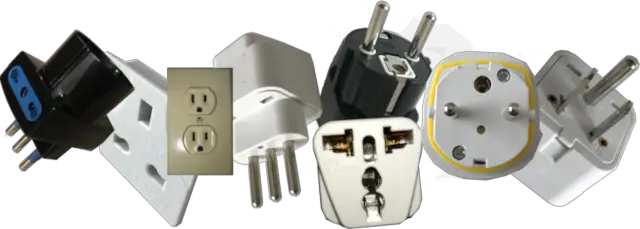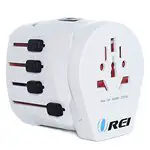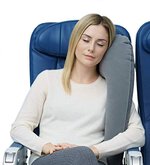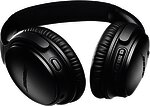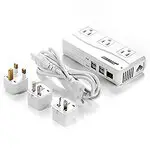How to use plugs from Honduras in New Zealand
Plugs, sockets, adapters and other information needed for travelling from Honduras to New Zealand in this page. If you want a report for other countries, re-start the wizard to find to electric adapters for your trip here.
Quick Chart at-a-glance
| Honduras | New Zealand | ||
|---|---|---|---|
| Voltage: | 110V. | 230V. |
|
| Plugs Type: | A, B. | I. |
|
| Hertz: | 60Hz. | 50Hz. |
|
If you are electrical savvy, perhaps the previous chart is all you need. If this is not the case, you can continue reading and discover what the chart is saying!
Plugs and Sockets at each country
In Honduras the following plugs are used: (includes Tegucigalpa, La Ceiba, San Pedro Sula, Gracias, Trujillo, Santa Rosa de Copán, Comayagua.)
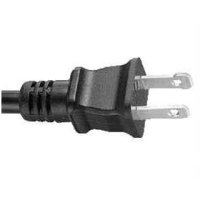
|
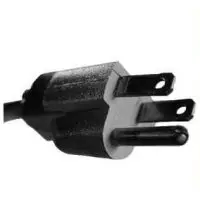
|
| Plug Type A | Plug Type B |

|
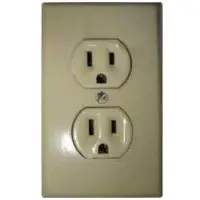
|
| Outlet Type A | Outlet Type B |
... and in New Zealand you will use: (includes Wellington, Auckland, Queenstown, Christchurch, Rotorua, Dunedin, Wanaka.)

|
| Plug Type I |

|
| Outlet Type I |
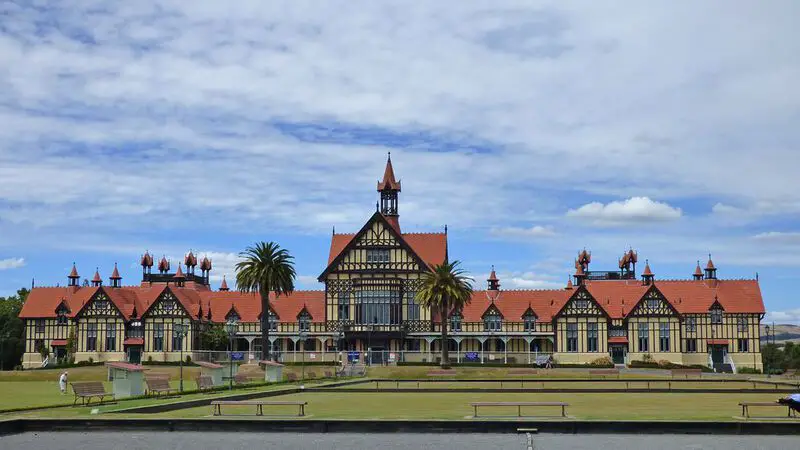
Rotorua
Voltage
Take care: New Zealand uses higher voltage than Honduras
Your electric devices from Honduras will be expecting 110 Volts, but New Zealand grid is of 230 Volts, this is a substantial difference that requires you to take some extra steps in preparation to your trip:
On the positive side, nowadays many devices will switch automatically to the network voltage and they will work just fine, i.e. mobile phone chargers are typically multi-voltage (but please, do actually check your own). It is important that you pay attention to your device's voltage. Connecting electronics to the wrong voltage, in the luckiest of the cases, the device will break or stop working temporarily; but please don't take this lightly, in the worst of the cases electrocution and fire hazards are a real possibility.

High-power devices don't usually handle different voltages due to the high-currents involved i.e. anything that its main purpose involves generating heat (or cold) like hair driers, baby bottle warmers, kettles, etc. On the contrary, modern low-power devices are likely to auto-detect and auto-adapt to different voltages i.e. usb chargers, laptop chargers, etc.
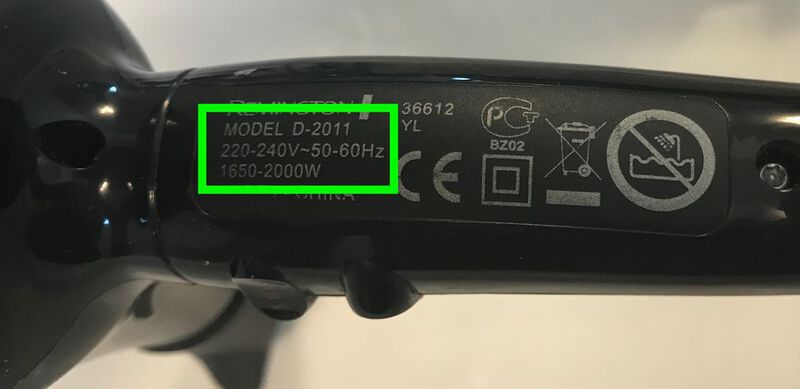
You will need a step down voltage converter a device that can be plugged to 230 volts and it provides an outlet with 110 volts for your Honduras' device. You will need to pay attention to the maximum power output of the converter and the maximum power consumption of the device.
Plugs Type
Different plug systems
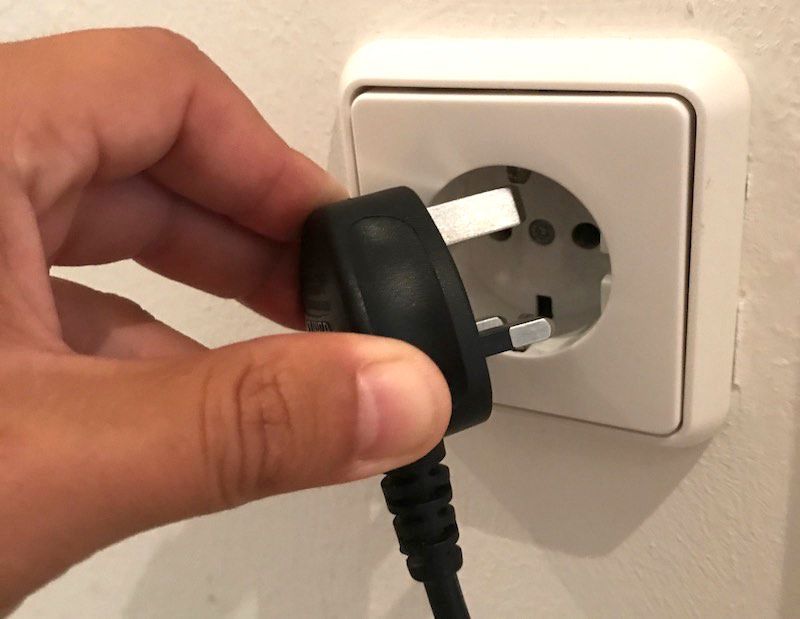
Sorry, none of the plugs used in both countries are common. You will definitelly need plug adapters, please continue reading for more information.
Adapters
Lists of adapters you can use in your travel:
Adapter: generic
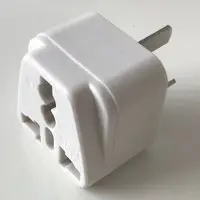
|
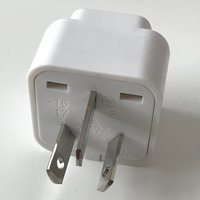
|
| Front | Back |
This adapter allows you to use plugs type: A, B, C, D, E, F, G, H, I, J, K, L, M, N into outlets type: I.
Adapter: generic
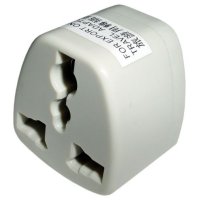
|
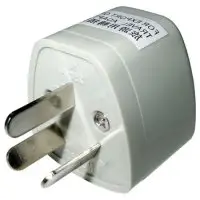
|
| Front | Back |
This adapter allows you to use plugs type: A, B, C, D, E, F, G, M into outlets type: I.
Adapters you can buy
You can buy the following multi-purpose adapters from Amazon. Please also take a look at the recommended gadgets for your trip.
Hertz
No equal Hertz
This is not a big issue. Unless you are using an electric alarm clock or some motors when speed is an issue. Explanation: Some alarm clocks uses the frequency of electricity network to measure time. So, time shifts could be experimented. Almost every home electronic device works perfectly with different Hertz.
Finally, by the way ...
We are revamping the blog! Visit our new blog here.
↬ a link from your website helps too.
